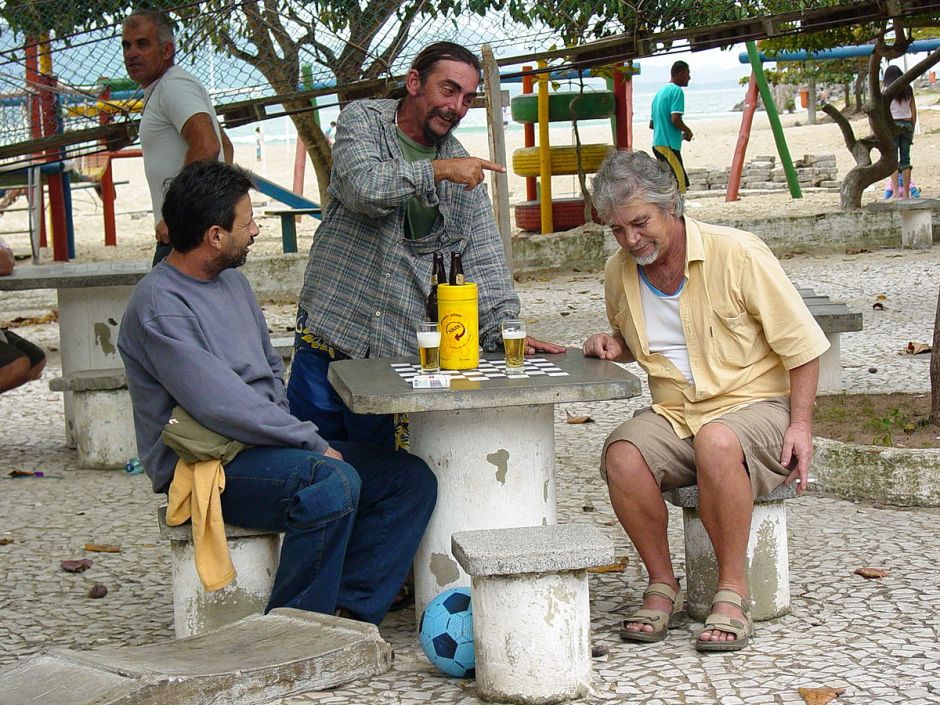
By Laura Schroeder
This International Women’s Day, as we applaud the political, economic, cultural, and social advancements of half the population, there is much to celebrate in the Americas.
In the past decade, there has been a striking increase in political and economic participation of women. Promisingly, government and NGO agendas alike are increasingly prioritizing gender equity as a cross-cutting, pressing issue, and slowly, collaboration is leading to progress. In Bolivia, approximately half of the legislative body is female. Paraguay recently passed Act 5777, providing protection against Gender-Based Violence (GBV), outlawing femicide, and providing services to survivors of sexual violence. Originating in Argentina, the #NiUnaMenos movement against sexual harassment and assault has made great headway across several countries, and has been followed by the US-rooted #MeToo movement.
This is not to say that women do not struggle every day to feel safe, be heard, be recognized for their contributions, and be valued in government and society. Indeed, experts maintain that the global gender gap will close in 79 years for Latin America and the Caribbean and 168 in North America.
Despite this, change makers are pushing forward, inspiring us to join them in their pursuits or to honor their legacies. Without further ado, here are some of the many she-roes that have confronted challenges to advance the status of women in the Western hemisphere.


